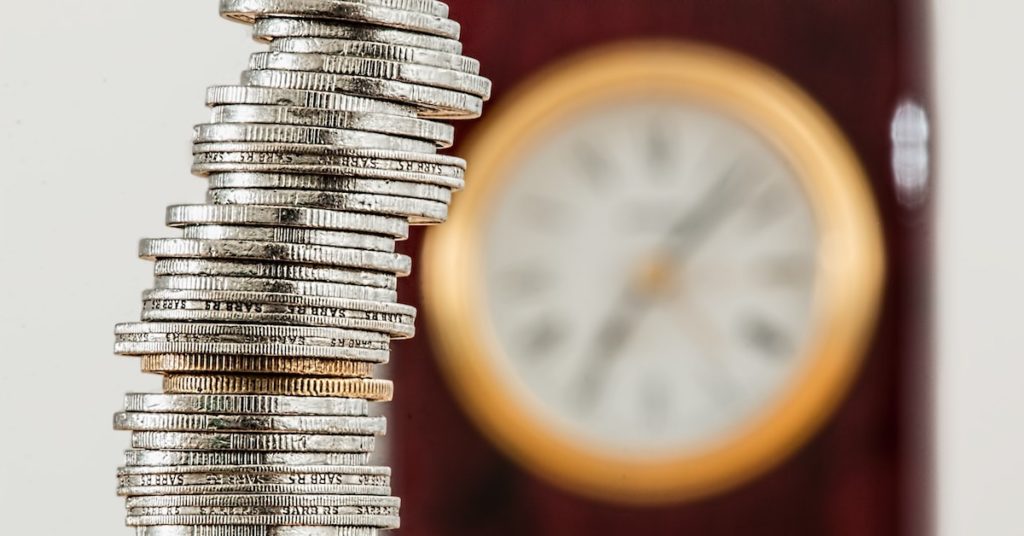More Content

The Hidden Cost of Your Daily Coffee Habit
Discover how small daily expenses like coffee shop visits add up to significant annual costs, and explore alternatives that can satisfy your caffeine cravings while saving you money.
Read More →
How Much Is Your Time Really Worth?
Learn to calculate your true hourly worth and apply this knowledge to make better decisions about how you spend your most valuable resource - time.
Read More →
The Subscription Trap: Are You Paying for Services You Don't Use?
With the rise of subscription services, many people are spending hundreds annually on services they rarely use. Learn how to audit and optimize your subscriptions.
Read More →
From Small Savings to Big Investments: The Power of Compound Growth
Discover how redirecting money from small daily habits into investments can grow significantly over time thanks to compound interest, and how to get started.
Read More →Breaking Free from Social Media: Reclaiming Your Time and Attention
Learn practical strategies to reduce mindless scrolling and transform your relationship with social media to regain hours of productive time each week.
Read More →The True Cost of Convenience: Eating Out vs. Cooking at Home
We break down the financial and health costs of frequent restaurant meals versus home cooking, with practical tips for making the transition without sacrificing enjoyment.
Read More →
Breaking Free from Social Media: Reclaiming Your Time and Attention
Published on Fevrier 18, 2025 • 13 min read
Social media platforms have become the modern-day town square—a place for connection, entertainment, and information. But what started as a way to keep in touch has morphed into an attention economy where our time and focus are the products being sold. The average person now spends 2.5 hours daily on social media, totaling nearly 40 days per year. This represents a significant opportunity cost in terms of both time and mental well-being.
The Time Cost of Social Media
Let's examine the math of social media usage:
2.5 hours/day × 365 days = 912.5 hours/year (38 days)
Over 10 years: 9,125 hours (1.04 years)
That's more than an entire year of your waking life spent scrolling over a decade. Imagine what you could accomplish with that time.
The Attention Economy
Social media platforms are designed to maximize engagement using:
Psychological Impacts
Research has linked heavy social media use to:
Productivity Drain
Even small interruptions have outsized effects:
Digital Minimalism Strategies
You don't need to quit entirely—just use intentionally:
The Benefits of Reduction
People who reduce social media often report:
Social media isn't inherently bad—it's a tool that can be used well or poorly. The key is conscious consumption rather than passive absorption. By taking control of your social media habits, you reclaim one of your most precious resources: your attention. And in an age of distraction, focused attention may be the ultimate luxury.
Back to Top